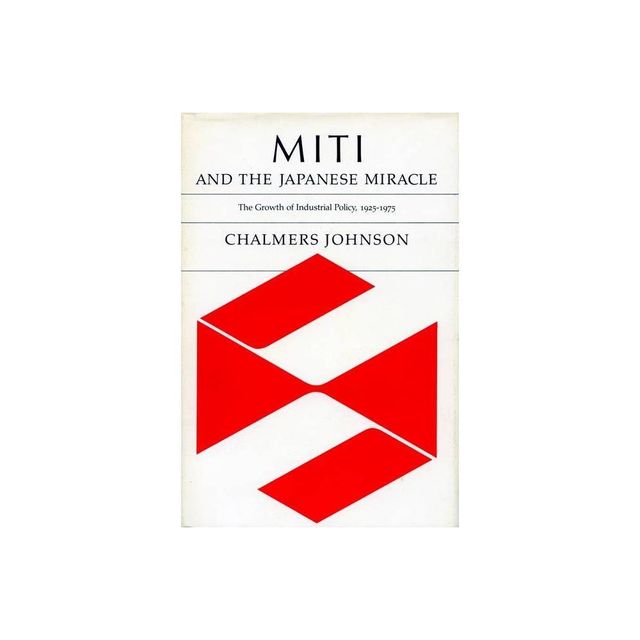Home
Unmaking the Japanese Miracle: Macroeconomic Politics, 1985-2000
Loading Inventory...
Barnes and Noble
Unmaking the Japanese Miracle: Macroeconomic Politics, 1985-2000
Current price: $56.95


Barnes and Noble
Unmaking the Japanese Miracle: Macroeconomic Politics, 1985-2000
Current price: $56.95
Loading Inventory...
Size: Hardcover
*Product Information may vary - to confirm product availability, pricing, and additional information please contact Barnes and Noble
In the last fifteen years, Japan's economy has gone from model of success to object lesson in failure. William W. Grimes offers a richly detailed, insider's view of the key macroeconomic policies and events in contemporary Japan, as well as a close examination of the causes and effects of these upheavals.
It is difficult to believe that the "Bubble Economy" of the late 1980s and the failed attempts at economic stimulation in the following decade both arose from the same policies. In Unmaking the Japanese Miracle, Grimes shows that this is precisely what happened. Focusing less on what went wrong than on why it went wrong, Grimes finds that mistaken macroeconomic policies—loose money in the late 1980s, excessively tight money until 1992, and only grudging use of expansionary fiscal policy until 1998—largely caused Japan's economic problems.
Based on scores of interviews with Japanese policymakers, his is the first political explanation of why these catastrophic policies were carried out by the Ministry of Finance, the Bank of Japan, and the Diet. Various economic shocks were met, Grimes says, with a consistent and often inappropriate pattern of responses. This pattern has fundamentally altered because of changes within the three policymaking institutions since 1998.
It is difficult to believe that the "Bubble Economy" of the late 1980s and the failed attempts at economic stimulation in the following decade both arose from the same policies. In Unmaking the Japanese Miracle, Grimes shows that this is precisely what happened. Focusing less on what went wrong than on why it went wrong, Grimes finds that mistaken macroeconomic policies—loose money in the late 1980s, excessively tight money until 1992, and only grudging use of expansionary fiscal policy until 1998—largely caused Japan's economic problems.
Based on scores of interviews with Japanese policymakers, his is the first political explanation of why these catastrophic policies were carried out by the Ministry of Finance, the Bank of Japan, and the Diet. Various economic shocks were met, Grimes says, with a consistent and often inappropriate pattern of responses. This pattern has fundamentally altered because of changes within the three policymaking institutions since 1998.


















